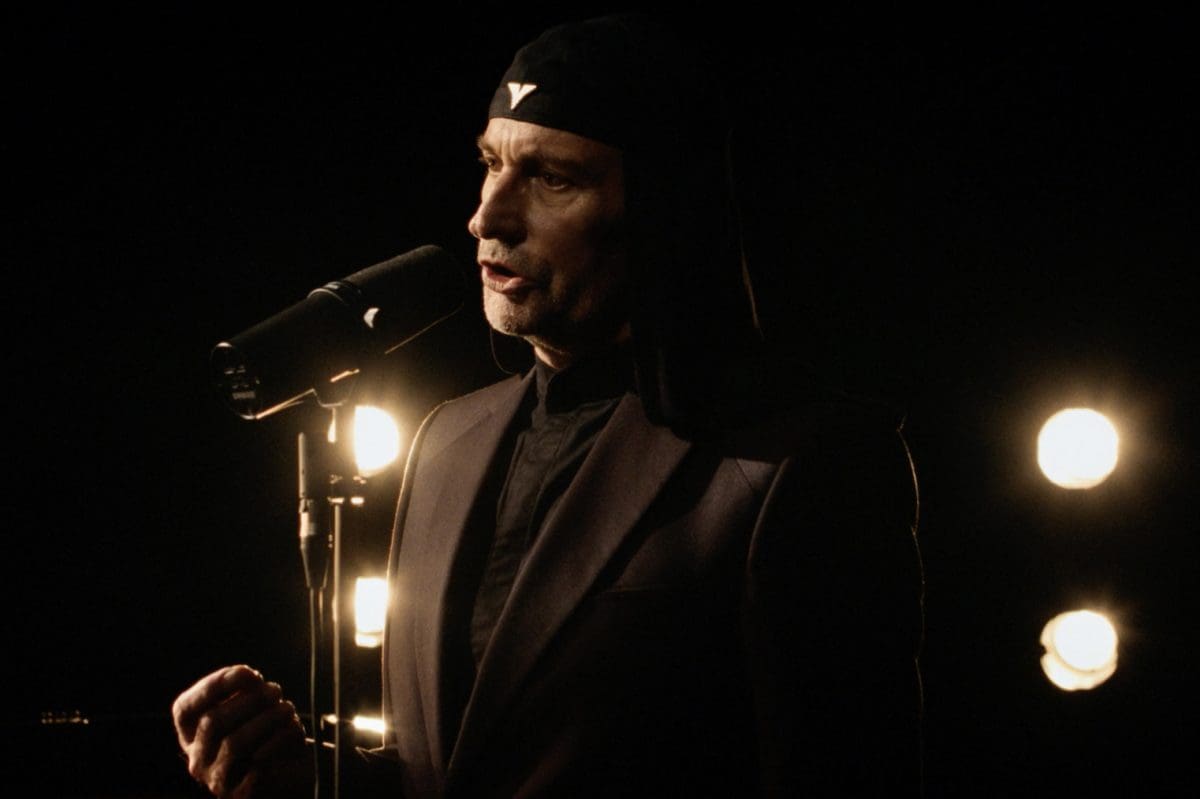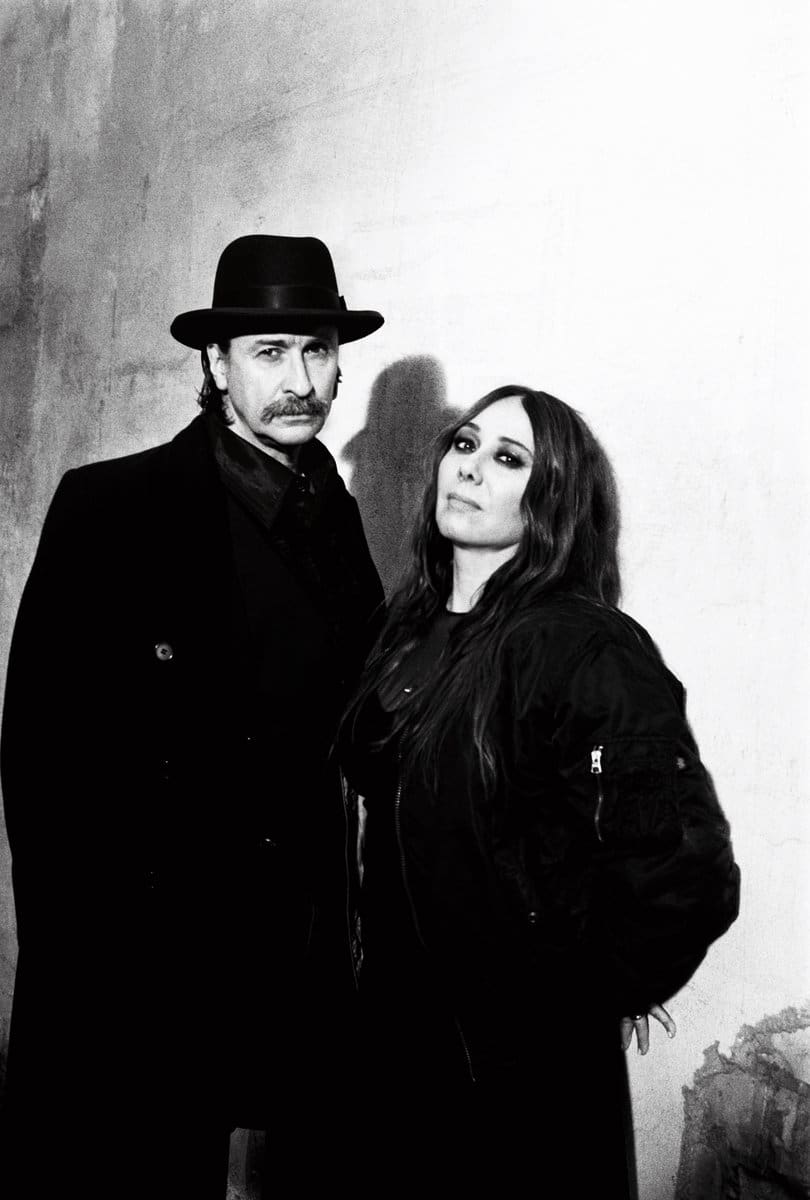Simon Fisher Turner launches new single ‘Turning Slowly’

Simon Fisher Turner
(Photo by Marta Ruly) Today Simon Fisher Turner has shared a new track from his forthcoming album, “Instability of The Signal”, which is set for release on August 2, 2024 via Mute. The track comes accompanied by a video directed by Sebastian Sharples.
“Turning Slowly” is an ambient piece featuring strings by the Elysian Collective, with an accompanying video by the filmmaker (and album cover model) Isao Yamada. Detail, it actually shows Isao Yamada listening to the album for the first time.
The track follows the previously-shared “Bless Your Hands (Part 1 and 2)” and “Barefeet”.
The composer has worked and performed in underground music, film and art scenes since the ‘70s. The new 13-track album, produced by producer Francine Perry, features Fisher Turner singing for the first time in many years, accompanying compositions built from tiny snippets of sound along with piano, classical strings, a detuned Fender Telecaster and field recordings. “I’m now a 69-year-old man and by hook or by crook, and some good luck, this album has turned into something which really sounds like me,” he reflects. “I’m singing how I feel I truly sound; this time, I’m not hiding anything.”
His lyrics hold Burroughs cut-ups sourced from two of Harold Pinter’s poems, words from a book on the video work of Czech filmmakers Breda Beban and Hrvoje Horvatic, flashes of memories of riding buses in London and cycling topless in jeans around the city.
About Simon Fisher Turner
Simon Fisher Turner is an English musician, composer, and actor. He began his career as a child actor in the 1960s, appearing in films such as “The Adventures of Robin Hood” (1967) and “Tom Brown’s Schooldays” (1971).
Transitioning to music, he released albums under his own name and various pseudonyms, including “The King of Luxembourg” and “Deux Filles”. Turner is known for his work as a film composer, particularly for his collaborations with director Derek Jarman, scoring films such as “Caravaggio” (1986) and “The Last of England” (1987). He has also worked extensively in sound design and experimental music.
Since you’re here …
… we have a small favour to ask. More people are reading Side-Line Magazine than ever but advertising revenues across the media are falling fast. Unlike many news organisations, we haven’t put up a paywall – we want to keep our journalism as open as we can - and we refuse to add annoying advertising. So you can see why we need to ask for your help.
Side-Line’s independent journalism takes a lot of time, money and hard work to produce. But we do it because we want to push the artists we like and who are equally fighting to survive.
If everyone who reads our reporting, who likes it, helps fund it, our future would be much more secure. For as little as 5 US$, you can support Side-Line Magazine – and it only takes a minute. Thank you.
The donations are safely powered by Paypal.










